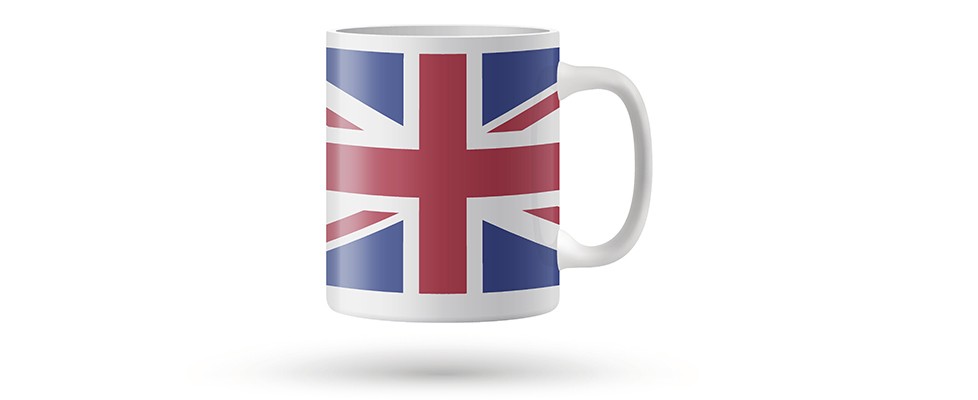United Kingdom
In the United Kingdom, healthcare is the responsibility of the individual governments for the four respective countries: Northern Ireland, Wales, Scotland, and England. These systems all differ on some level given the variations in priority and policy that exist between these countries. However, each country offers free need-based public healthcare, called the National Health Service (NHS) to permanent residents and citizens of the United Kingdom. This service is paid for by taxes and includes ambulance and emergency healthcare, prescription drugs, and primary care. It also includes dental services. All four countries have smaller private sectors that offer additional healthcare services.
Healthcare Spending
Healthcare spending, as indicated by the World Health Organization (WHO) is moderately high in the United Kingdom. Collectively, the four countries spent 9.4% of the GDP on healthcare costs in 2012. That amounted to a total of $3,495 USD per person within the year, a figure that is significantly higher than reported average spending per capita across the European region, which hovered just above $2,000 USD in 2012. Compared to the rest of the world, the U.K. ranks 37th on the percentage of the GDP that is spent on healthcare. Neighboring countries, such as Spain, Italy, Ireland, Sweden, and Norway, have similar percentages.
 Availability of Care
Availability of Care
The United Kingdom could benefit from more physicians. There are currently 2.79 physicians per every one thousand persons across the U.K. This figure is very similar to other high-income nations, including the United States and Canada. However, it is significantly below the average number of physicians per one thousand people (3.31) in the European region. In contrast, the United Kingdom boasts 8.83 nurses and midwives per one thousand people, a figure that is actually higher than the regional average of 8.05 nurses and midwives per one thousand people. There are exactly three hospital beds per every one thousand people in the U.K.
Life Expectancy & Mortality
The United Kingdom has the 29th best life expectancy in the world, with the average longevity in the country having just passed the 80-year mark. For women, average life expectancy is 82.69 years, whereas for men it is slightly lower at 78.26 years. Countries that have similar life expectancies include Germany, Ireland, Greece, New Zealand, and Austria.
 Other Issues
Other Issues
The U.K.’s National Health Service has been criticized on several levels. Long wait times, lack of coverage, fees, and scandals have plagued the system since the early to mid-2000’s. Services are offered based on medical urgency, which means that wait times to for surgeries or consultations with specialists can be months long or even years long if they are deemed “non-urgent,” although the government pledged to reduce wait times in the late 1990’s. Coverage is also an issue for citizens of the United Kingdom, with issues surrounding prescription drugs. In recent years, cancer patients requiring expensive prescription drugs have fought the government to receive coverage. And scandals have surfaced within the NHS. In what is now referred to as the “Alder Hey organs scandal,” tissues were being removed from deceased patients, including children, without permission. This led to a national public discussion on organ donation.
